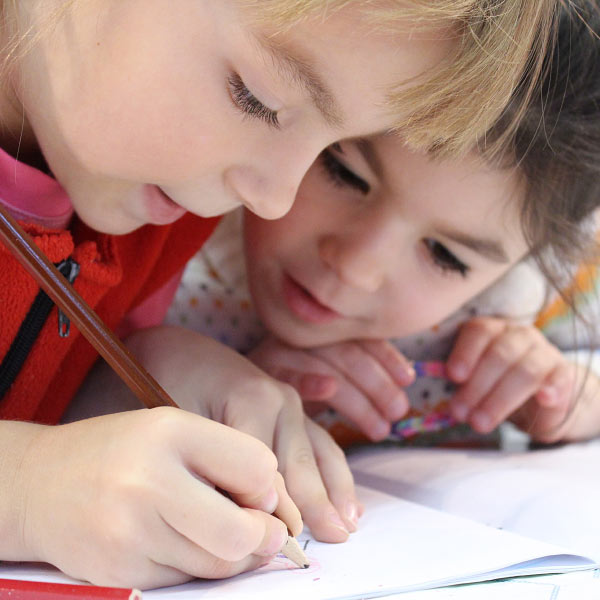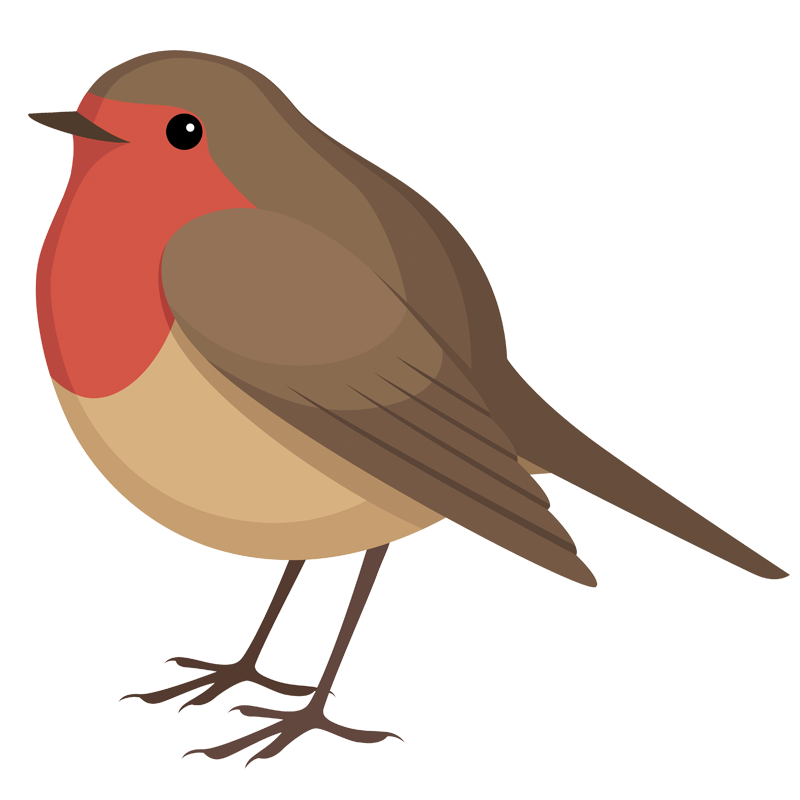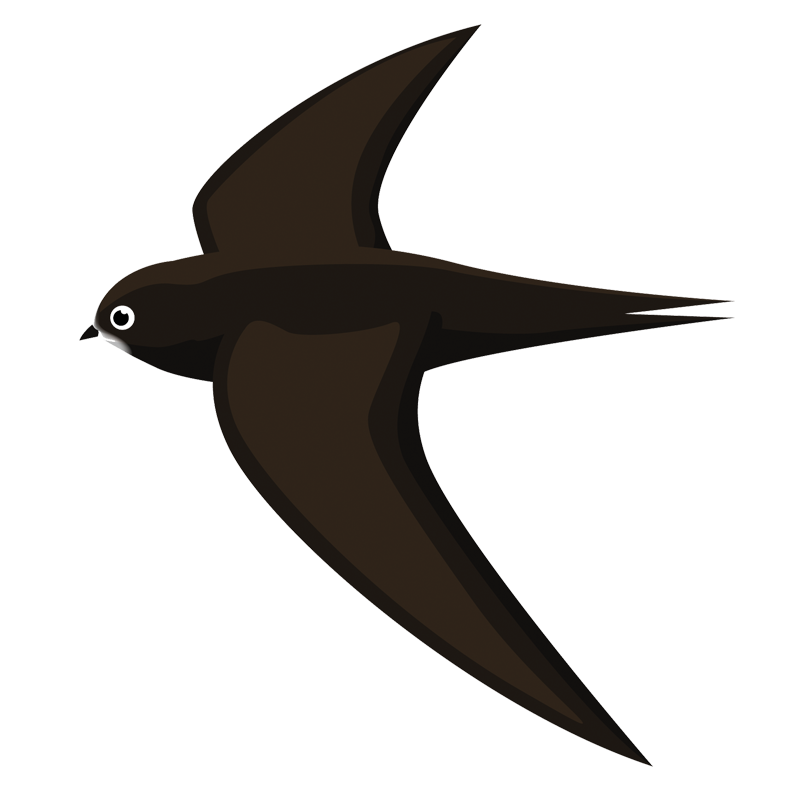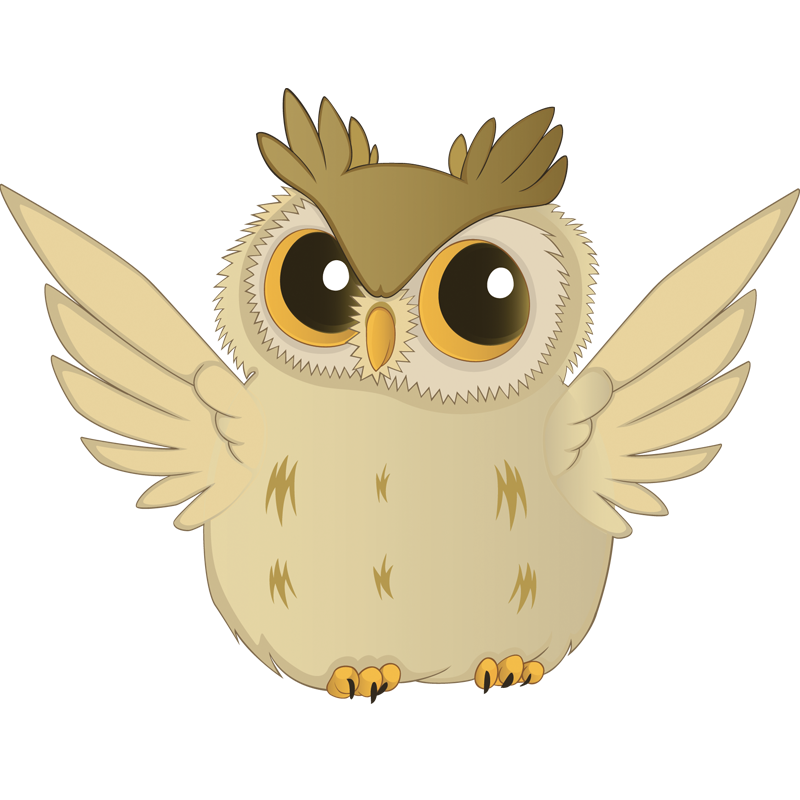Welcome to our Nursery
We realise that whether you are coming to the nursery for the first time or transferring from another setting, it is a significant transition for you and your child, and one that needs to be handled with care and sensitivity. This may be your first experience of nursery life and in many cases when your child starts with us, it may be the longest time you have been away from your son or daughter.
For that reason, we have put together a structured and considered approach to settling both parents/carers and children into the routines of the nursery as well as providing us with opportunities to gather as much information about you and your child to ensure a successful start.
You will be given plenty of time to settle into nursery life. Young children are very adaptable and quickly begin to enjoy their new surroundings and friends.
- SETTLING-IN SESSIONS – There are two settling-in sessions for you and your child which usually take place two weeks before the start date. Settling sessions are normally two hours and more are available if required. At the first session we ask the parent to stay and fill out their paperwork and at the second we would ask that you leave your child so he/she gets used to you not being in the room.
- KEYPERSON – We will introduce you to your child’s key worker and talk through how your child will be cared for during their time at the nursery. We’ll show you how we record information about your child’s daily activities. We’ll talk about the way we observe and monitor your child’s progress including any structured approaches such as the Early Years Foundation Stage. We’ll talk you through key nursery policies and procedures.
What will I need to bring:
Robins Room
Parents need to provide:
- Nappies and wet wipes if you child has sensitive skin
- A change of clothes
- Any special comforter or toy to help your child settle
- Wellington boots
- Waterproof trousers/ all in one
- A sun hat and sun block for the periods of warmer weather
- If your child is currently having formula throughout the day please bring in sterile bottles and pre-measured powdered formula.
- Your baby’s food until they are ready to be eating from our menu.
Swifts and owls
Parents will need to provide:
- A change of clothes and spare underwear in case of accidents
- Named wellington boots
- Named waterproof trousers
- Sun hat and sun cream for the warmer weather, gloves, hats and scarves for colder weather
Please refrain from bringing in toys from home as we cannot accept responsibility if these get lost or damaged. We have plenty of resources within the setting for the children to play with.
Little Robin Room
This room is equipped for young children with their safety in mind, from needing quiet areas, to crawlers and walkers. The room will provide plenty of stimulation and opportunities for the children to explore and learn through play. The room is laid out to allow children to have access to all areas. There is a messy area for all the fun exploration of sand, water, gloop and paint (and even custard!) and a carpeted area with soft furnishings for a comfy cuddle or story. The room also has direct access to the garden and outside play will be encouraged where appropriate and dependent on weather.
In the activity areas babies learn to use their five senses, to develop co-ordination and to explore their new world and abilities. Every child is allocated a key person who works directly with the child and is responsible for updating the development profile. Lots of pictures, photographs and labelling around the room encourage children to point and vocalise. This could include names, colours, numbers or photos of animals or families. You could also create family albums to encourage the children to point and try to vocalise recognition of familiar people — mum and dad, for example. The baby room has a calming sleep room with several cots and a viewing window. Babies are checked every 10 minutes and records are kept. Each child will have their own bed sheets for the week, kept in a named container when not in use. There is also a nappy changing area within the room.
We aim to follow your home routine where possible within the nursery and will follow your lead on weaning and toilet training. Babies milk will be stored in a fridge, kept separate from food. We ask that all new foods are tested at home before being introduced at nursery to ensure no allergic reaction takes place. We will then feed the babies the same food the cook prepares, blended to the appropriate consistency for the babies age.
Above all, a high ratio of qualified staff (1 adult:3 children) give the individual attention, cuddles, reassurance, presence and continuity your baby needs to feel safe and secure.
Little Swifts Room
Between the ages of two and three, children take huge leaps in their development. Now they are much more mobile, they are keen to explore and imitate the world around them. They need time, space and freedom to develop at their own pace. They are now developing friendships and learning to be social, with a huge burst in their language development. The children begin to be introduced to more of a routine, with plenty of opportunities for child led play, adult led activities, access to a large variety of resources, the outdoor area and the introduction of Forest School in the coming months.
The children each have their own key person, who will work closely with the children and will monitor their development in their development profile. The children will have a freshly prepared meal cooked on-site at lunch time and will be encouraged to use a knife and fork and spoon for self-feeding.
Little Owls Room
Children in this area have full access to the treasure trove of resources available both inside and outside and will also have great opportunities to explore Forest School on a daily basis, designed to stimulate and support the 7 areas of the EYFS.
Children moving through from the toddler room have the advantage of knowing their surroundings and the staff will already know them well. All pre-school activities are designed around the EYFS framework to prepare them for Reception class at school. There are 7 areas of learning; 3 prime areas and 4 specific areas. The 3 prime areas are considered fundamental for igniting their curiosity, for building enthusiasm and their capacity for learning, and for forming friendships and confidence. The prime areas are ‘Personal, Social and Emotional Development’ ‘Communication and Language’ and ‘Physical Development’. The Specific areas are ‘Literacy’, ‘Mathematics’, ‘Understanding the World’ and ‘Expressive Arts and Design’. These areas are fully supported and help to strengthen the Prime areas. Each child is allocated a key worker that is responsible for completing the children’s development profile, following up their next steps and sharing these with the parents.
A focus here is to ensure all children are school ready, helping them to be independent and confident that they can accomplish self-care tasks and making this fun and enjoyable for the children.




